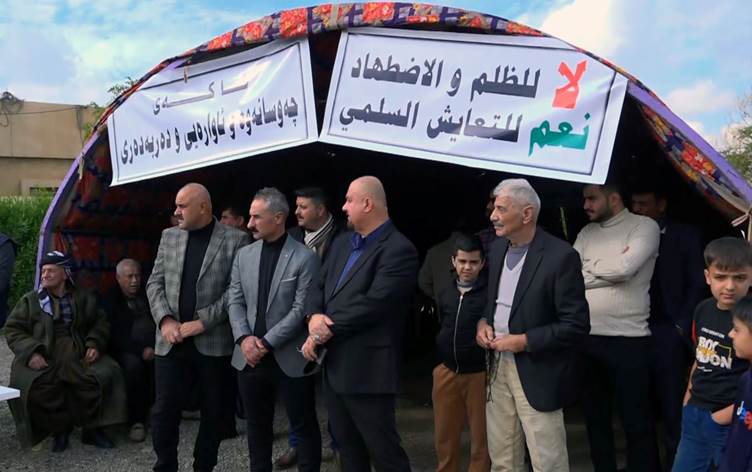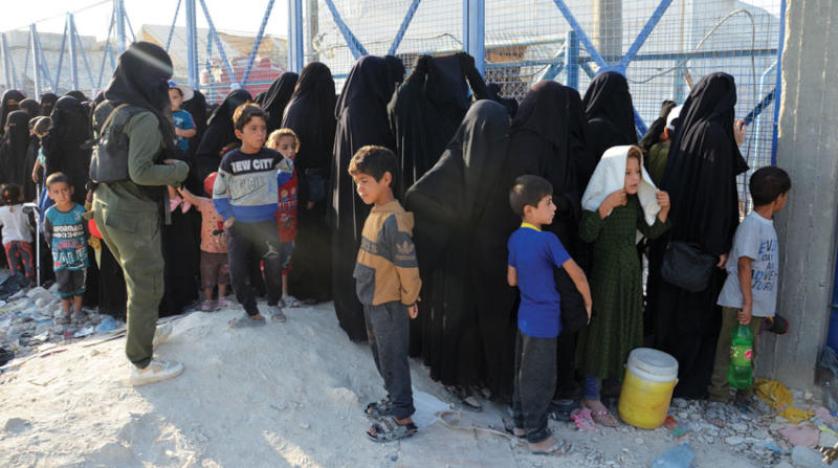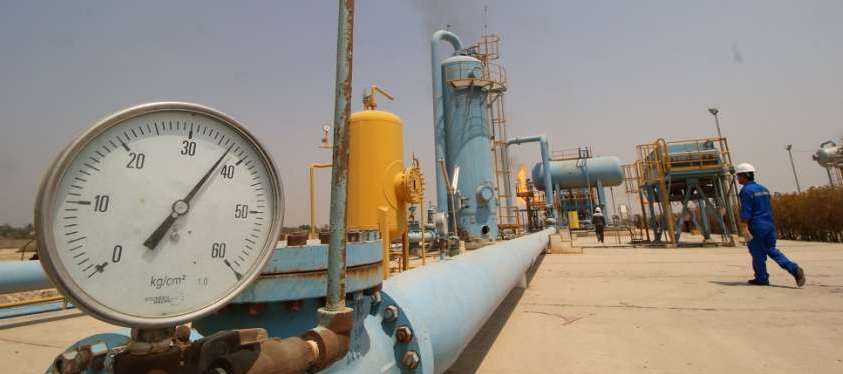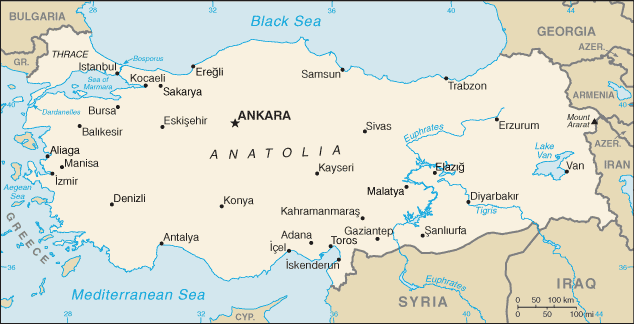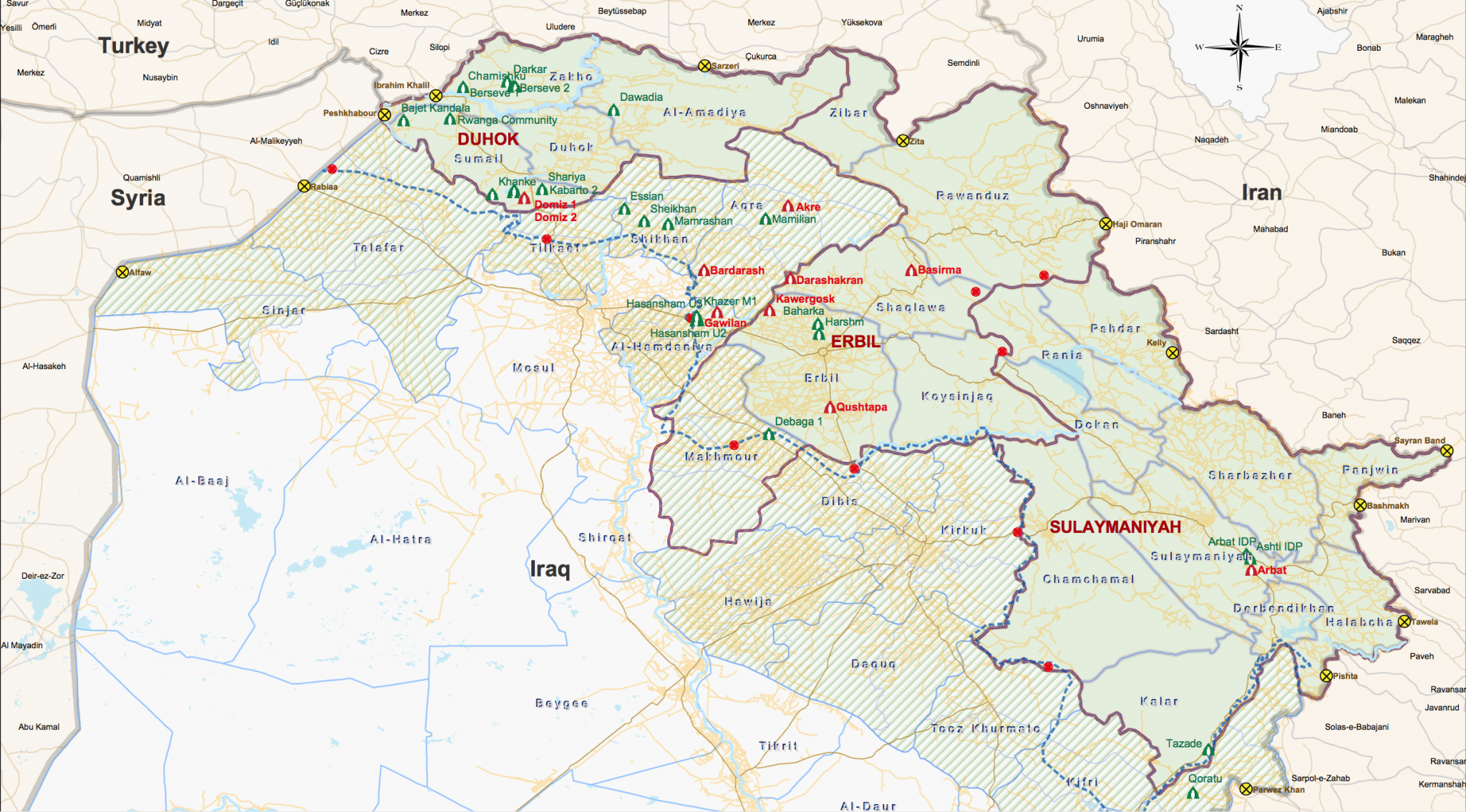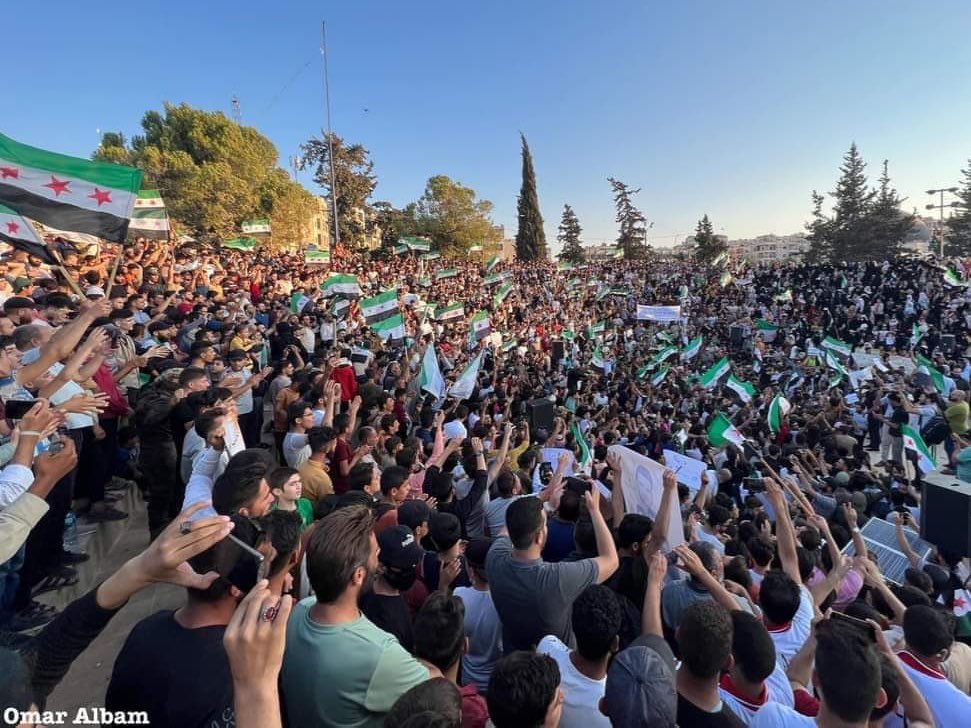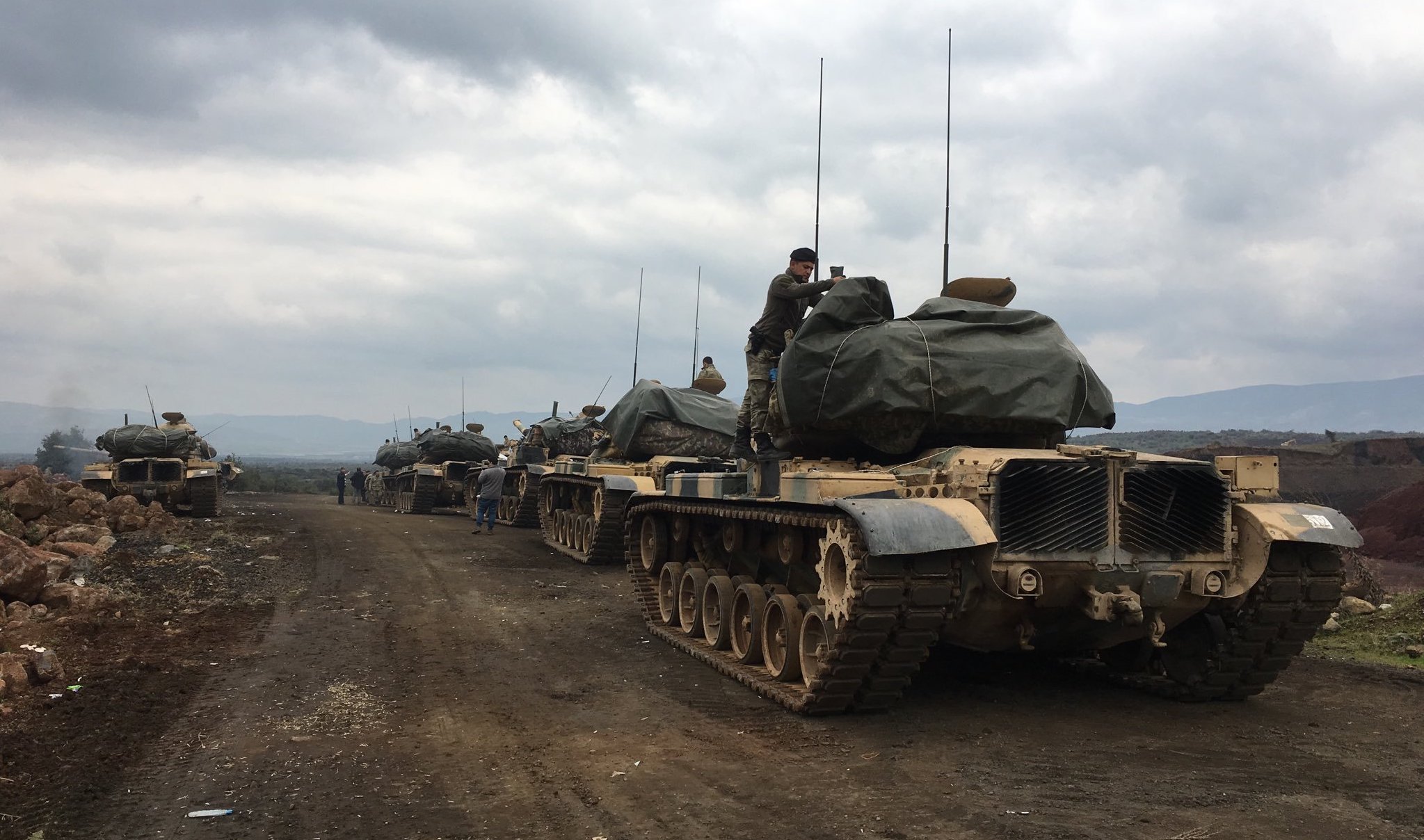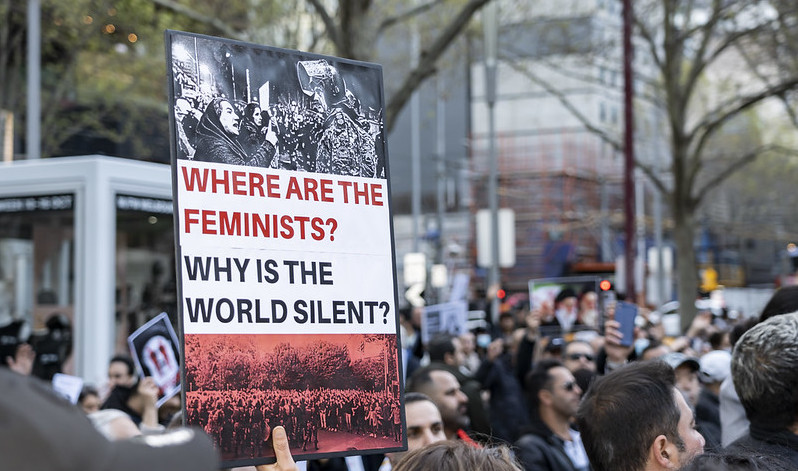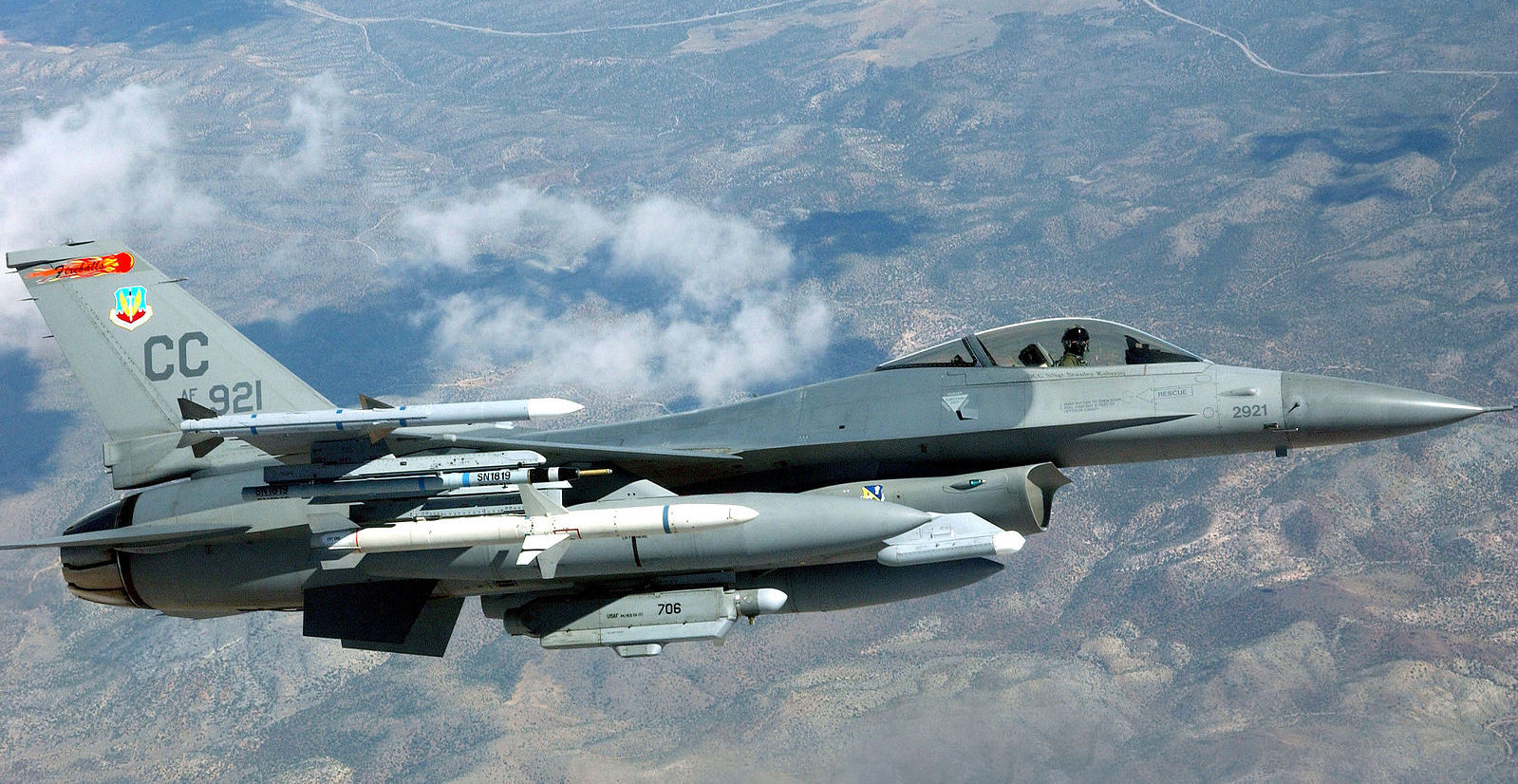More US troops to Iraq?
An Iraqi military official denied reports of a deployment of more US troops to the country, asserting that Baghdad does not need foreign forces. CBS News reported that 1,500 troops from the New Jersey National Guard are being deployed to Iraq and Syria to join the US-led coalition established to fight ISIS. This would constitute the largest reserve deployment out of New Jersey since 2008. CBS cited the state’s Gov. Phil Murphy as saying the troops were being mobilized for Operation Inherent Resolve. But the report was refuted by Maj. Gen. Tahsin al-Khafaji, the head of Iraq’s Security Media Cell—a body that officially cooperates with the US-led coalition to counter online disinformation. (Map: University of Texas Libraries)



